Water is a basic human need, but drinking enough of it is something that many people struggle with simply because they find plain water to be boring. This is why sparkling water, a drink that’s been around for centuries, is finally gaining popularity with consumers.
You’ve probably seen sparkling water lining the grocery shelves and heard how it’s a healthier alternative to sugary drinks like artificial fruit juices and carbonated soft drinks, but what exactly is this fizzy drink and how can it affect your health? Read on to find out.
What Is Sparkling Water?
Also called carbonated water, sparkling water is water that has been infused with carbon dioxide (CO2) gas under pressure. The process results in the production of carbonic acid. Also known as H2CO3, this weak acid is responsible for the fizzy sensation on your tongue every time you sip this beverage.
Despite its recent rise to popularity, sparkling water is far from being a modern-day beverage, as it has been around since the 1700s. The origin of sparkling water can be traced back to the carbonated mineral waters from natural springs, which people also referred to as “seltzers” back in the day, after the carbonated natural springs in Niederselters, Germany.
Bathing in carbonated mineral water is believed to have health effects, which is why people eventually tried drinking it in hopes of getting the same results. With the goal of replicating naturally carbonated mineral waters, an English scientist named Joseph Priestley created the first artificially carbonated water back in 1767.
Nowadays, sparkling water is available in the following types, according to The Kitchn:
- Seltzer water— This is a clean-tasting drink that’s made from plain water infused with carbon dioxide. It’s usually blended with flavors like citrus.
- Club soda — This “soda” is not the same as the sugar-loaded carbonated soft drinks that can cause a variety of health consequences. Club soda is a type of sparkling water that’s infused with other mineral ingredients like sodium citrate, sodium bicarbonate and potassium sulfate, all of which lend it a subtly different flavor from plain seltzer water.
- Sparkling mineral water— This carbonated water comes from natural springs and wells. It naturally contains salt and sulfur compounds, giving it a distinct taste and a heavier mouthfeel. Its flavor may vary depending on where it came from, and sometimes it’s bottled at the source.
Sparkling Water vs. Water: What’s the Difference?
Sparkling water has a fizziness that’s hard to miss, which makes it easy to differentiate from regular drinking water. To learn more about the differences and similarities between sparkling water and regular water, check out the table below:
| Regular Water | Sparkling Water | |
| Hydration | Pure, clean water provides you with proper hydration that you need for optimal health. | Plain sparkling water is just as hydrating as regular water. |
| Mineral content | It contains trace amounts of valuable minerals like calcium and magnesium. | Depending on the type, sparkling water may contain mineral ingredients like salt and sulfur compounds, which could be either naturally occurring or intentionally infused. |
| Taste | Pure water is tasteless, and is often described as clean-tasting. | Sparkling water may taste either clean or salty due to its sodium content. |
| Fizziness | Regular water does not have a fizzy sensation, which is why it’s sometimes called still or flat water. | The carbonic acid in sparkling water makes it bubbly.
However, carbonation can make you feel full quickly, preventing you from drinking enough water.13 |
If you’re craving sugary carbonated drinks, I recommend you drink sparkling water to satisfy your taste buds. However, regular water is still better than carbonated water, as it allows you to drink as much water as you need without the risk of bloating.
Some sparkling water brands may also contain artificial sweeteners, which are linked to a variety of health problems such as obesity, metabolic dysfunction, liver disease and insulin sensitivity, among others. With that in mind, be sure to always read the label when buying carbonated water.
Is Sparkling Water Bad for You?
There are some concerns that sparkling water may cause tooth decay and calcium loss in bones, but plain sparkling water does not really cause these touted side effects, as noted by these studies:
- A 2006 study published in The American Journal of Clinical Nutrition noted that the intake of cola, but not of other carbonated beverages such as sparkling water, is associated with low bone mineral density in women. Researchers suggest that this is due to imbalanced calcium-to-phosphorus ratios caused by daily cola consumption.
- A 2009 case report published in the Journal of Zhejiang University Science B states that the addition of acids and sugars in some carbonated beverages are to blame for dental erosion. Even if sparkling water is slightly more acidic than regular water, it still doesn’t affect your teeth’s enamel.
The same cannot be said for flavored sparkling water, though, which should be considered potentially erosive, as it demonstrated similar or higher erosive potential than pure orange juice, according to 2007 study published in the International Journal of Paediatric Dentistry.
In addition to being a healthier choice of beverage than sugary drinks, plain sparkling water may also have other health benefits, such as helping to:
- Relieve chronic throat clearing — In a study published in The Journal of Laryngology and Otology, 72 patients with chronic throat clearing issue were advised to add ice-cold carbonated water to their regime in order to relieve their symptom. Results showed that 63% of the patients experienced relief, with the most severely and frequently affected patients having the highest improvement in their symptom.
- Alleviate constipation — According to a study published in the Journal of Korean Academy of Nursing, drinking carbonated water may help increase the frequency of defecation in constipated patients.
Sparkling Water Side Effects
Before you drink several glasses of sparkling water, you should be aware of its side effects. If you consume a lot of sparkling water in a single sitting, the bubbles in it may cause bloating as they dissolve inside your stomach, making your belly feel full, tight and uncomfortable.
The feeling of fullness may also make you drink less, which could rob your body the necessary amount of hydration that you need — this is why athletes who sweat a lot and require increased amounts of water are recommended to drink flat water instead of sparkling.
Take a Sip of Sparkling Water Today
Sparkling water is a guilt-free alternative to sugar-loaded soft drinks, and it’s a good choice of drink if you’re finally adopting a healthy diet. Be careful not to drink too much, however, as it may cause bloating.
Some commercially available sparkling waters may also contain sweeteners and artificial flavorings, which cancel out its health benefits, so make sure you read the labels when buying. If you really want to take your sparkling water up a notch, I recommend flavoring it with natural ingredients like lemon juice and other organic fruits.
Frequently Asked Questions (FAQs) About Sparkling Water
Q: Is sparkling water healthy?
A: Not all sparkling water is healthy. Pure sparkling water is good for you, as it’s basically plain water infused with carbon dioxide. Flavored sparkling water, on the other hand, may contain sugar and other artificial ingredients that have negative effects on your health, so make sure that you steer clear of those.
Q: Does sparkling water hydrate you?
A: Yes, sparkling water is just as hydrating as regular drinking water.
Q: Is sparkling water bad for your teeth?
A: Plain sparkling water is not bad for your teeth. Study shows that the addition of acids and sugars in a drink is what makes it dentally erosive, so you should avoid flavored sparkling water.
Q: Is sparkling water the same as soda?
A: No. In the U.S., most people refer to unhealthy carbonated soft drinks as “soda.” This is not the same as sparkling water, although they are both fizzy drinks. Unlike soda, plain sparkling water does not contain artificial flavorings and high amounts of sugar.
Q: Is sparkling water carbonated?
A: Yes, sparkling water is either naturally carbonated or infused with carbon dioxide during production.
Q: Does sparkling water make you feel bloated?
A: Yes, the bubbles in sparkling water can make you feel bloated once they dissolve inside your stomach.
Q: Is soda water the same as plain sparkling water?
A: No, soda water is different from plain sparkling water, as it contains a small amount of sodium bicarbonate.
Q: Does sparkling water make you fat?
A: Plain sparkling water will not lead to weight gain. However, flavored sparkling water may, as it has added sugar and artificial flavors.
Q: Is sparkling water an alcoholic beverage?
A: Pure sparkling water does not contain alcohol.
Q: Can sparkling water help you lose weight?
A: Plain sparkling water may potentially aid weight loss by promoting the feeling of fullness, which could lower your appetite and make you eat less.
Q: Is sparkling water good for your stomach?
A: Studies show that sparkling water may help relieve the symptoms of certain digestive problems, including constipation and dyspepsia. However, it’s important to remember that consuming too much of it may cause bloating.

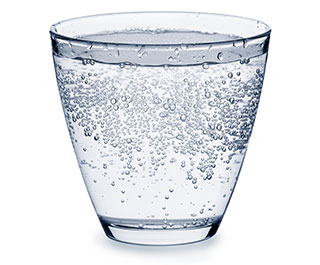
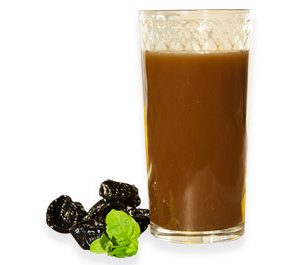
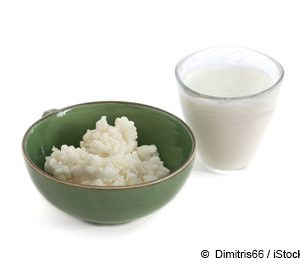
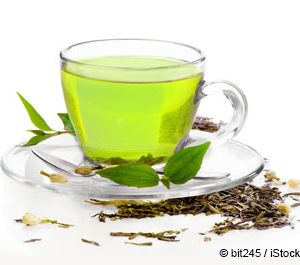
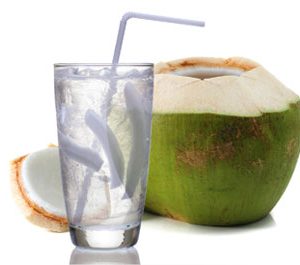
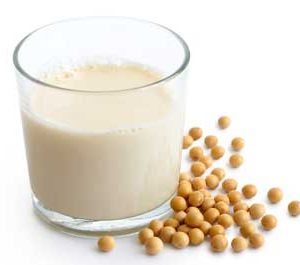
Reviews
There are no reviews yet.